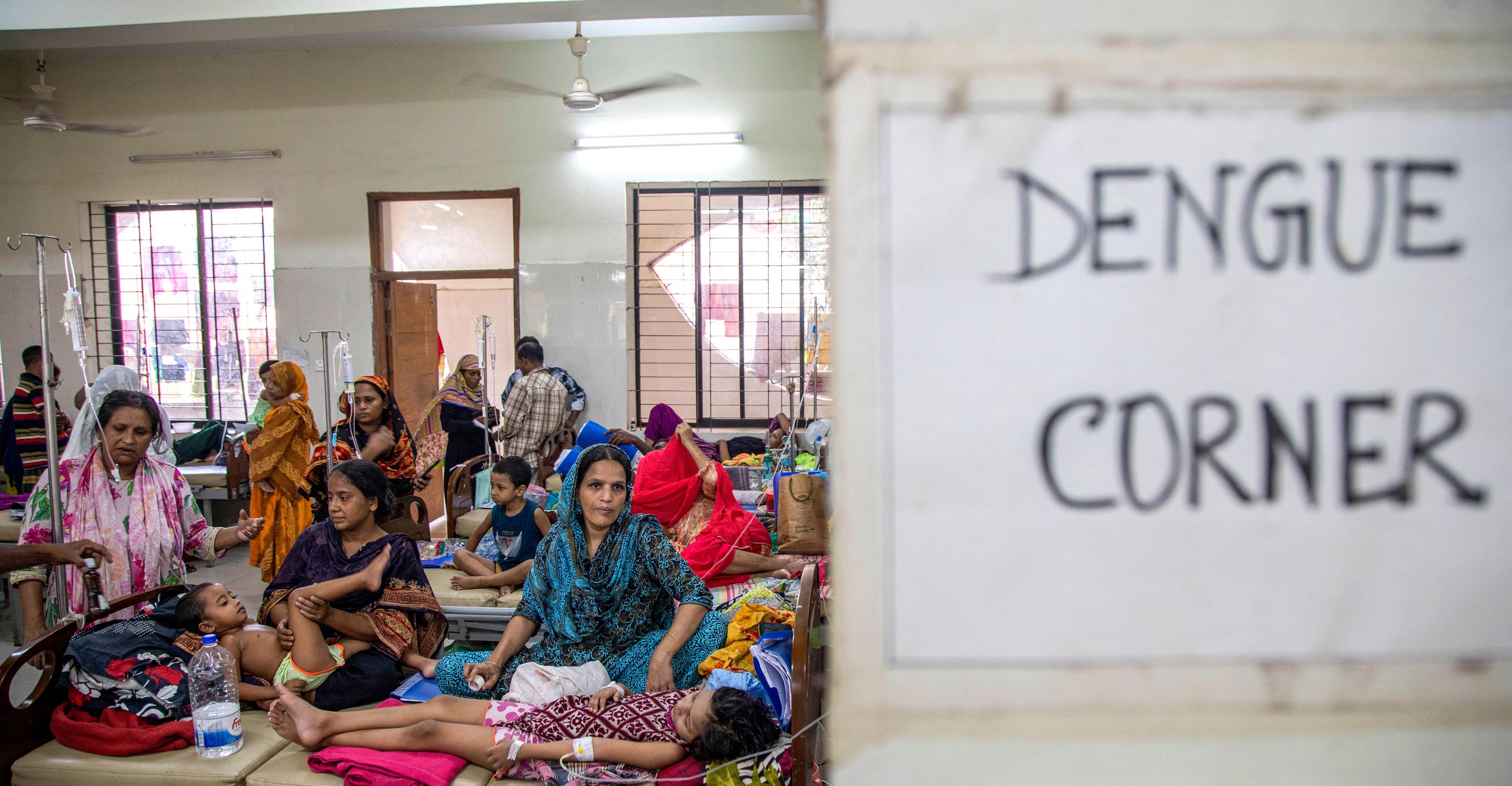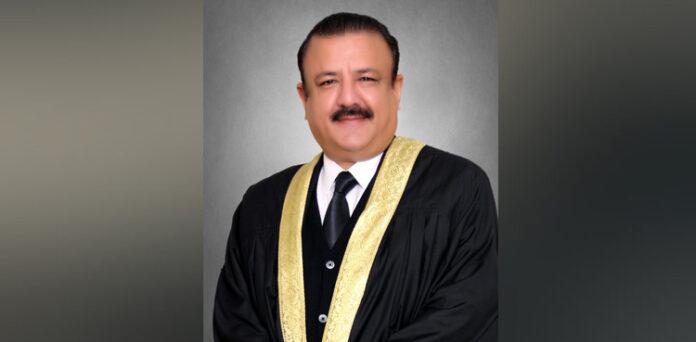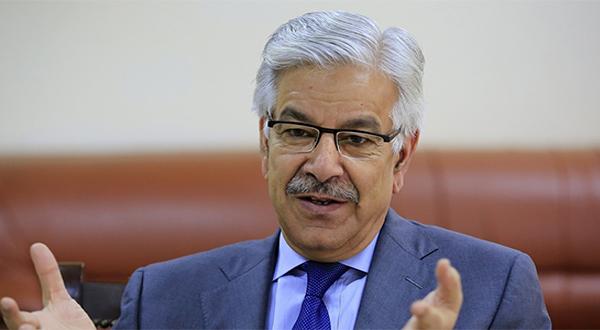- Home
- Technology
- News
HEC invites research proposals from faculty members under RTTG
The RTTG is a key element of the Higher Education Development in Pakistan (HEDP) project supported by the World Bank.


Islamabad: The Higher Education Commission (HEC) Tuesday invited research proposals from faculty members, under the RAPID Technology Transfer Grant (RTTG) programme.
The official stated that HEC, in that regard, had invited faculty members of public and private sector universities/degree awarding institutions (DAIs) to submit research proposals focused on the transfer of university developed technologies and products to the industry and commercial sector.
The RTTG is a key element of the Higher Education Development in Pakistan (HEDP) project supported by the World Bank and implemented by the HEC.
It is a fast-track funding mechanism dealing with themes, topics, and issues of severe urgency for quick-response research on Flood Response, Climate Change and Environment.
The grant is anticipated to support proposals in applied research, product innovation, and commercialization of developed technological research and solutions. The RTTG will provide funds to selected institutions based on a competitive, peer-reviewed evaluation of proposals.
The amount of funding for RTTG awards may range between PKR 10 – 20 million with a maximum project duration of six months.
Sharing the details of applicant eligibility, the sources stated that Lead Principal Investigators (Pls) must be a regular faculty member of higher education institutions (public and private), or hold a contract equivalent to the length of the project duration.
The priority sectors for RTTG support are Flood Response, Climate Change and Environment, including but not limited to climate mitigation, adaptation, policy dialogue interventions and disaster management (focusing on climate modelling and disaster surveillance, environment monitoring, and geological monitoring), Metro-scale pollution reduction technologies, protection of available trees through artificial intelligence system controls, and use of membrane systems for gaseous and water industrial waste treatment
The other sectors, including design and development of hybrid membranes and classical system per the requirement of site and location, identification and development of hospital waste treatment processes, removal of arsenic/other toxic metal elements from industrial effluents and water underground aquifers, climate-smart agriculture, adapting agriculture production to climate change by developing climate resilient crop varieties with regard to heat, drought, and flooding (especially of wheat and cotton) and any other area related to Flood Response, Climate Change and Environment.

Remember Google Stadia? Steam finally made its gamepad worth rescuing
- 13 hours ago

Zillow’s short-sighted move to overlook climate risk
- 2 hours ago

Chatbots are struggling with suicide hotline numbers
- 13 hours ago
Police recover gold from accused's husband in Dr Warda murder case
- 20 hours ago

The biggest mosquito-borne disease in the world has a cure. There’s just one problem
- 11 hours ago
FIFA hails 5M WC ticket requests amid backlash
- 12 hours ago
Australia plans tougher gun laws after police say father and son killed 15 at Bondi Beach
- 20 hours ago
Govt slashes diesel price by Rs14 per litre
- 15 hours ago

IHC summons Registrar Karachi University in Justice Jahangiri’s degree case
- 21 hours ago

Disney wants to drag you into the slop
- 13 hours ago

Why Republicans in Congress are turning against Trump
- 11 hours ago

Control’s action-RPG sequel launches in 2026
- 13 hours ago






